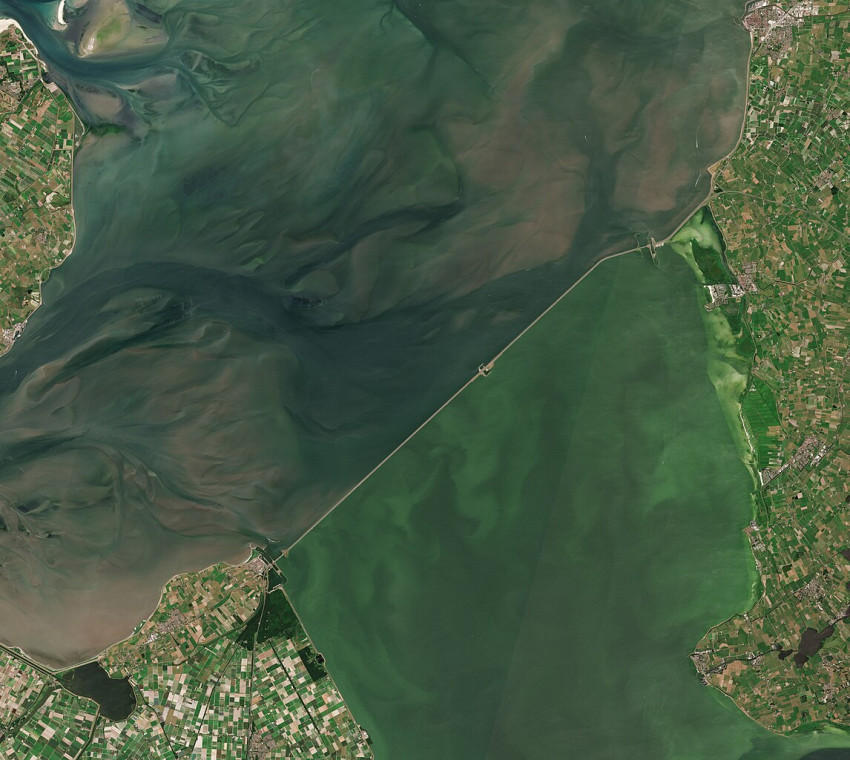
Private browser can become truly private
The anonymous window of a browser, in which history and cookies are not stored, can be rendered safer thanks to a few simple tweaks. Researchers at MIT have designed a new system in which information from an anonymous browser is stored unrecognisably on a computer.
Anonymous windows in browsers can be useful if you do not want information to be left behind on a computer. It may be a public computer, for example, or you are searching for sensitive information. Anonymous browsers are generally not particularly watertight. And there is one main reason for this, according to the researchers at the Massachusetts Institute of Technology (MIT): information received via the browser is stored, even if you are working in anonymous mode. That information then needs to be deleted, but due to the design of computers, a browser often no longer knows precisely where that information has been stored in the computer memory. Or the browser does not have permission to erase such data.
ENCRYPTION
In order to solve that problem, the researchers needed to find a way to adapt the browser, and stop it from storing information on the computer. But this is tricky, and they therefore opted for a workaround: they have ensured that the information left behind by a browser in the computer memory remains encrypted. In order to be able to read the information, the Internet user must visit other sites via the Veil website (which is how the researchers have named their invention). Veil includes a line of code in each website, to decipher the encrypted information. And so the website becomes available on the screen. Although the deciphered information must still be briefly stored, there is much less risk of it remaining on the hard disk after browsing.
However, this is not the only security measure. Veil also adds a number of lines of nonsense code to the source of the website, making it less easily recognisable. Even if someone were to access part of the temporarily deciphered code, the nonsense ensures that the data are unrecognisable.
EMBEDDED
This all sounds great for people who really do not want anyone to fish around in the search history of their computers. But there is a disadvantage: website builders must embed the option of having the website work with Veil. It takes no great effort – the MIT researchers have already developed software to convert the website fully automatically – but site owners still have to actually implement it. If that does not take place en masse, a large part of the Internet will be inaccessible for Veil users.
What's more, the arrival of Veil does not make private browsing 100% safe. The data of a browser session is still sent to the provider. If you wish to be truly anonymous, the special Tor browser may be a better idea. However, Veil does provide the possibility of erasing all search history locally, and that too is a large part of being invisible on the Internet.
If you found this article interesting, subscribe for free to our weekly newsletter!
Image: MIT
Meer artikelen

Een AI-fabriek in Groningen

Gezondheid meten via zweetdruppels
Nieuwste artikelen

Een AI-fabriek in Groningen






